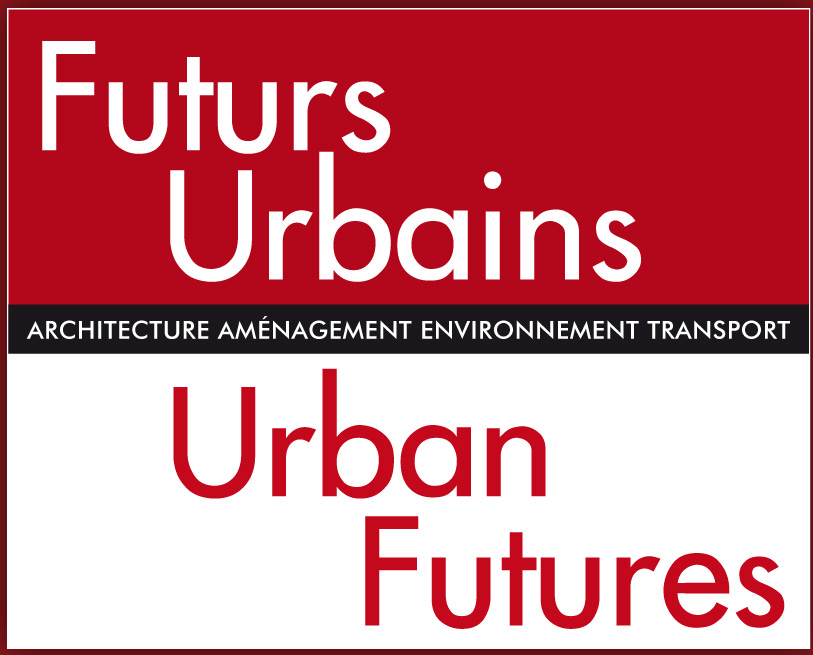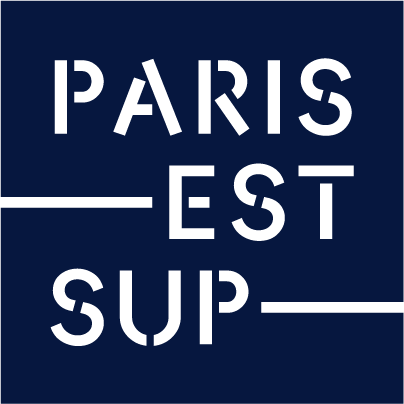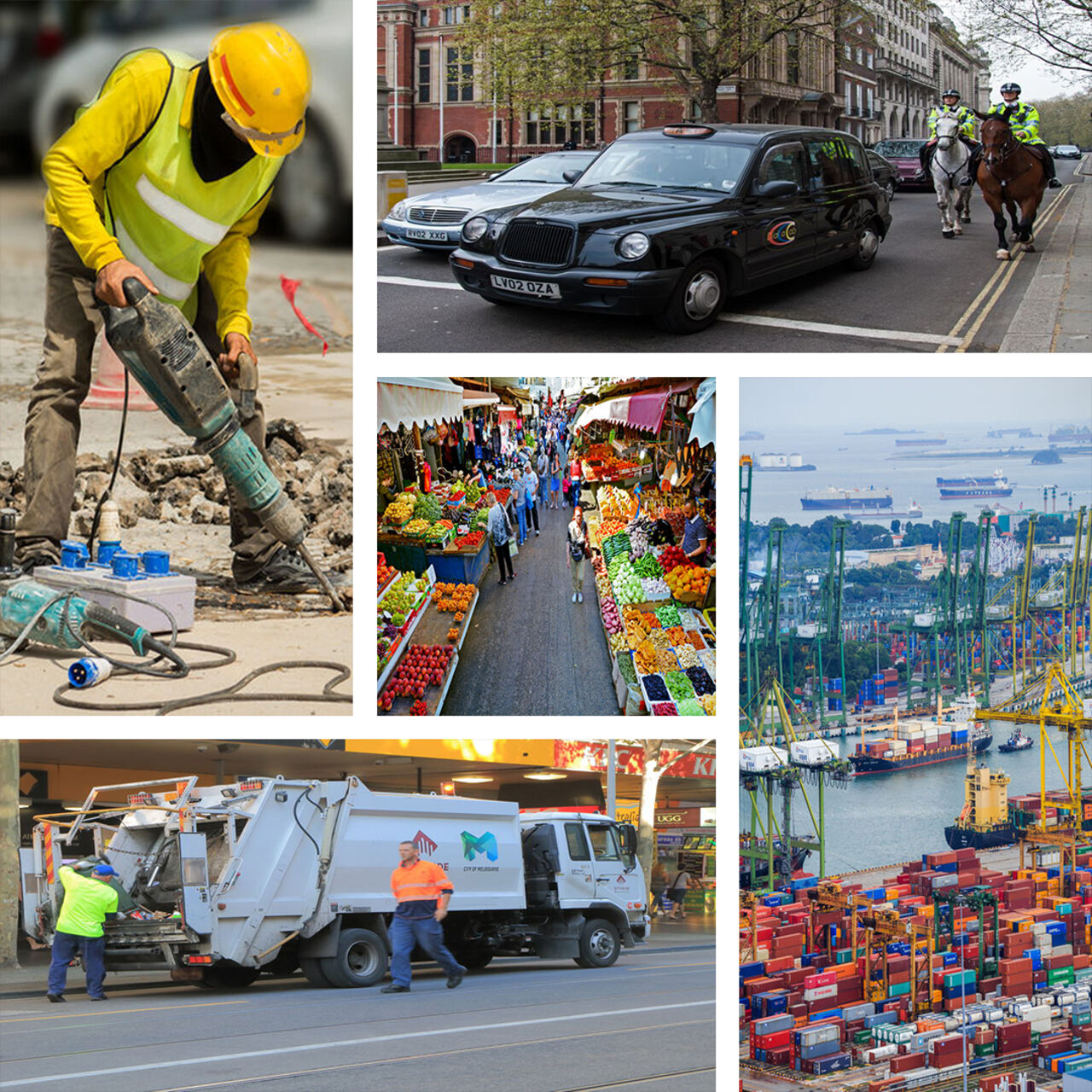The notion of service and the functions of professionals working in the urban sphere
The bulk of the functions carried out by professionals working in the urban sphere comprise public services regardless of whether they are provided by public or pirvate businesses. However, the very notion of public service and the related functions are in the final stages of a root and branch transformation. Redefining the missions assigned to these businesses either formally by contract or in terms of user perceptions has a big impact on how they are organised. The financial, material and human resources allocated determine the means that these professionals dispose of to do their jobs. At the same time, the work of urban professionals appears to be less and less defined by a precise description of their activities, and increasingly by assignment to a comprehensive service-type relationship. So what meaning do these professionals working in the urban sphere give to their actions when performing their work, the meaning this takes in their relations with users and inhabitants, and the meaning it has for they themselves when carrying out their activities ?
The rapid development of cities and agglomerations and the day-to-day experiences of professionals working in the urban sphere.
Cities and agglomerations are changing rapidly and spreading out to occupy much more space. Moreover, the social patterns that underpin them are increasingly out of synch. How do these developments affect those that work in the urban domain, their working conditions, content and how their activities are structured?
Can we group these different jobs together? Does the fact that they are involved in how a city works lend them enough similarity or cohesion to justify a specific categorisation? In such a case, what would form the basis for such cohesion? Do they arise from sharing the same sphere of exercise, from specific social ties, or from a specific culture or forms of identification? Or from distinctive methods or know-how? Does the city constitute a suitable basis of specification for professional groups and for differentiating an occupied space in the division of labour? Does it give rise to the production of characteristic professional expertise? How does it fit with other principles for circumscribing professional groups of a technical, organisational, symbolic, institutional or legal nature? It actually amounts to simultaneously analysing the underlying principles that define the urban sphere (what criteria and limits may be used to deem a profession as urban-related) and the bases for the notion of a professional group (what type of categorisation does it specifically define? how does it overlap with other forms of social grouping and categorisation?)
Relations between professionals working in the urban sphere and users
Those professional groups that actually keep the city going are in contact with users to various different extents. This public – city dwellers or passers through – benefit from their services more or less directly. For certain professionals (e.g., sewer workers) users are quite far away, but for others such as bus drivers, they are very near. Certain professional groups are invisible for users (water technicians, for example), but others such as security agents are very visible indeed. So how are links forged between these professionals and users? What is their role in concrete interactions and how are reciprocal representations forged on both sides?
Integrating the functions of urban metabolism into urban-related professions
Given that the scope of functions to be analysed appears very broad, trying to tackle urban-related professions on all fronts – including all functions – would be a difficult thing to pull off. We therefore propose beginning this work on a more modest scale with the functions of urban metabolism and underlying professions: water supply and distribution, sanitation (sewers and cleaning), waste removal, cleaning and sweeping, sorting and processing waste, energy distribution (urban gas, electricity and heating), telecoms networks (cable, fibre optic, terrestrial, video surveillance) road traffic, (regulation), parking, parks, gardens and green spaces, etc.
A big chunk of the functions of urban metabolism is linked to transport operations: transporting passengers via underground (Metro, RER) or overground public rail transport (Tramway) or by road (Bus), or the transport of goods both in the form of urban deliveries to businesses, stores and private individuals, and the removal of rubble from building sites and household waste, supplying materials to building sites, etc. The professions that look after these transport functions are already the focus of a research seminar (TMP – Transports and Professional Spheres) whose findings may be leveraged here.


